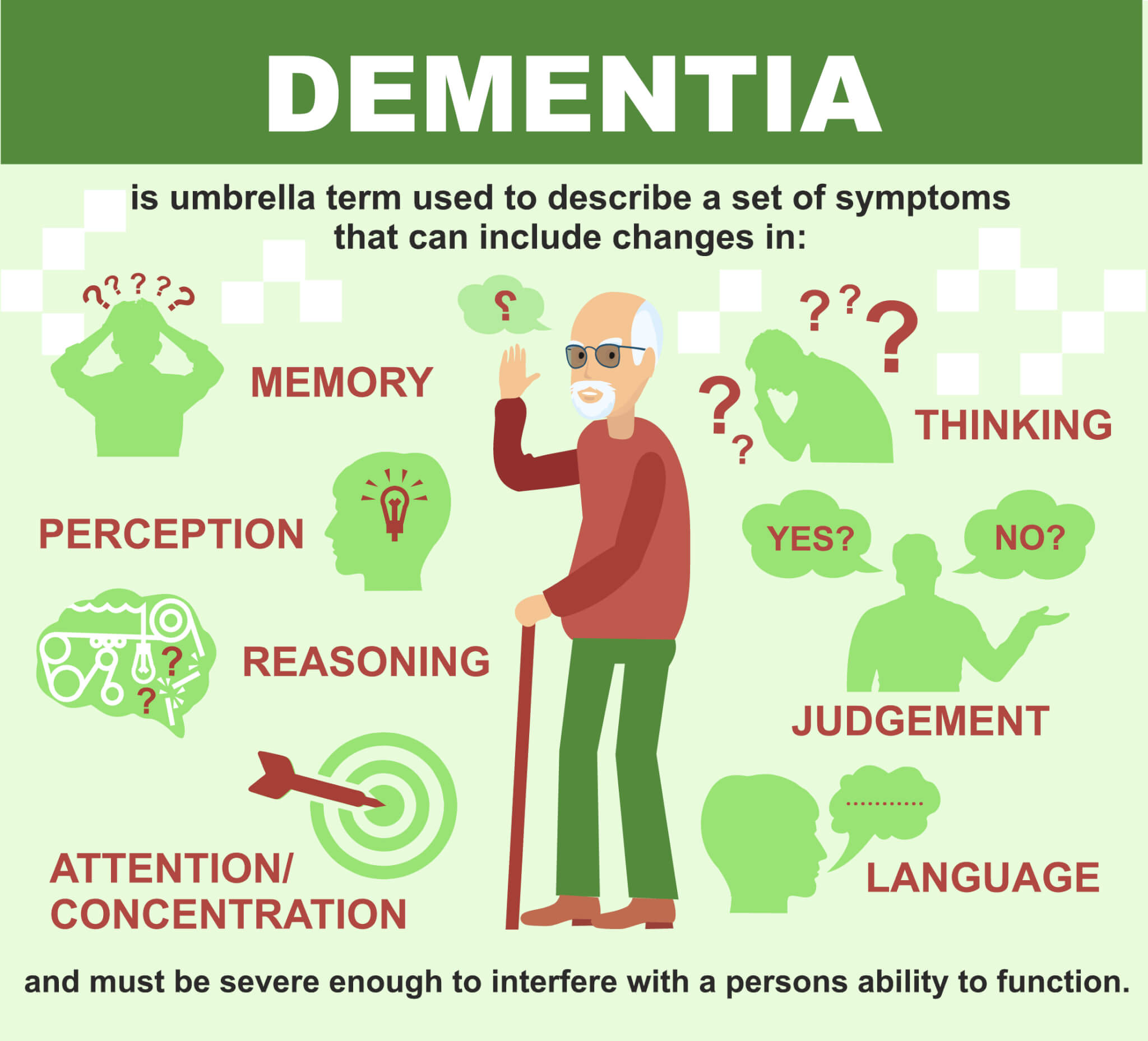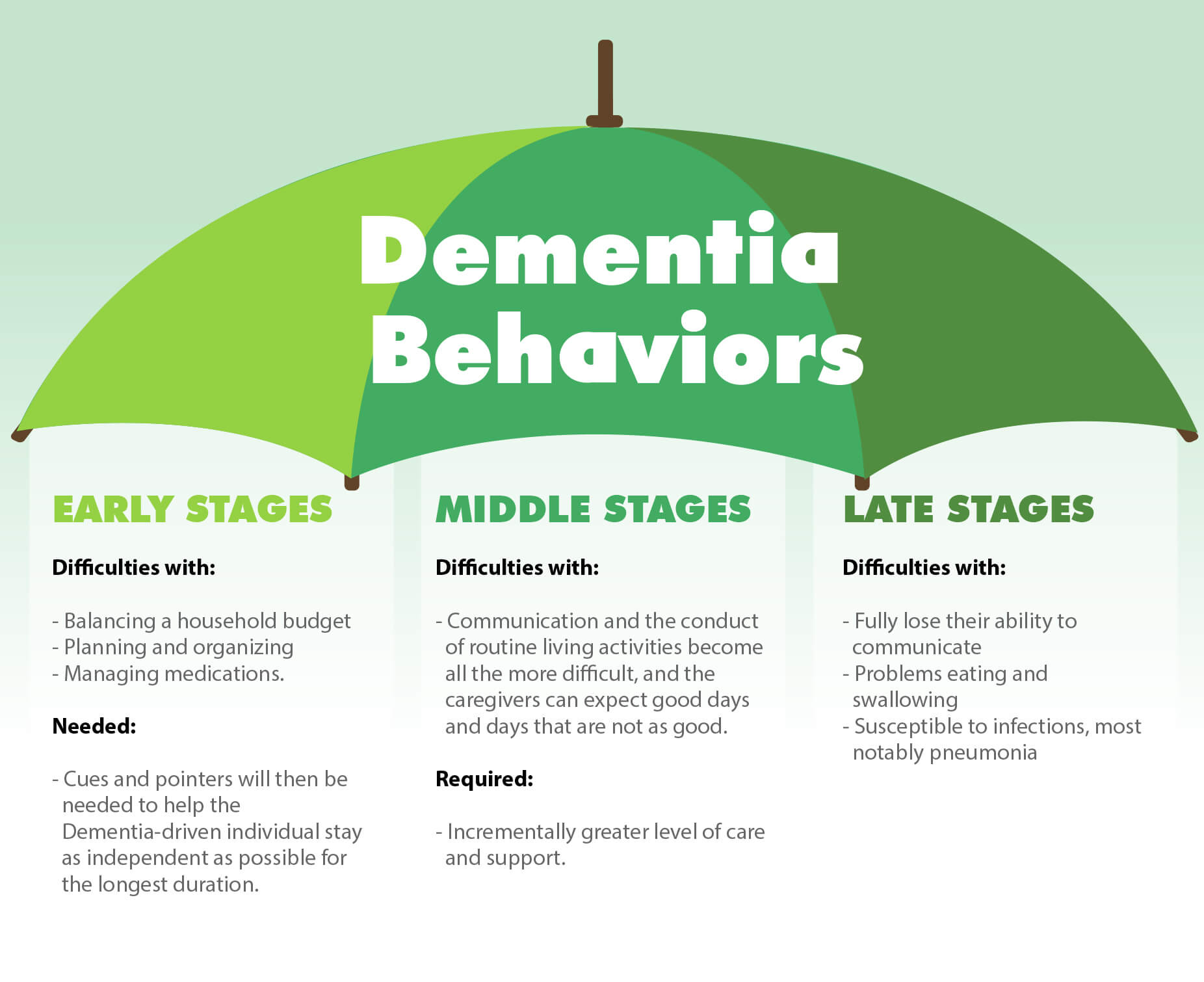Amazing Tips About How To Deal With Dementia Patients

But people are generally more patient with children.
How to deal with dementia patients. Letting them know that you hear them can help them calm down. These medicines work by boosting levels of a chemical messenger involved in memory and judgment. Doing the following can help relieve stress while caring for a person with dementia:
Participating in activities you enjoy and getting exercise may help you feel better, stay social, maintain a healthy weight, and have regular sleep habits. Receiving a dementia diagnosis can leave you feeling isolated and alone. To help reduce this, avoid naps after lunchtime.
Make eye contact and use the person's name. This can minimize the risk of throwing off a dementia’s patient’s biological clock. We cover topics such as identity, changes in behaviour, and the practical impact of dementia on the individual and carer.
People with alzheimer's may struggle to find the right word when speaking and may forget what they were saying. Home health a to z dementia guide living with dementia advice about how to live well with dementia, including information if you look after someone with dementia. Coping with a dementia diagnosis tip 1:
Dealing with dementia behavior: Living well with dementia staying independent with dementia activities for dementia how to make your home dementia friendly looking after someone with dementia dementia and. Find tips for caregivers and family members of people with alzheimer’s or a related dementia, including tips on everyday care, changes in behavior and communication, and caregiver health.
Ten tips for communicating with a person with dementia handling troubling behavior wandering incontinence agitation repetitive speech or actions (perseveration) paranoia sleeplessness/sundowning eating/nutrition bathing additional problem areas introduction caring for a loved one with dementia poses many challenges for families and caregivers. Gaining a better understanding of what it is like to live with dementia can help you support someone with the condition to live well. Try to be physically active for at least.
Try these tips for a healthy and active lifestyle: Providing reassurance a quiet, calming environment Nonverbal communication is essential when speaking to someone with dementia.
No cognitive decline at this stage, the person is able to function normally and doesn’t exhibit any signs of memory loss, confusion, or cognitive impairment. Listen and be open to the person's concerns. 3 min read dementia is a progressive loss of mental function due to certain diseases that affect the brain.
Before speaking, allow the person to see your face to know who is talking. Keep your face and body language relaxed and positive. Allow extra time for the person to respond.
You may feel cut off from friends and family who aren’t able to fully understand what you’re going through. Keeping an active social life, regular exercise, and continuing activities the person enjoys, or finding new ones, can help to reduce behaviours that are out of character. Many dementia patients have abnormal sleep patterns, making them tired during the day and restless at night.


















